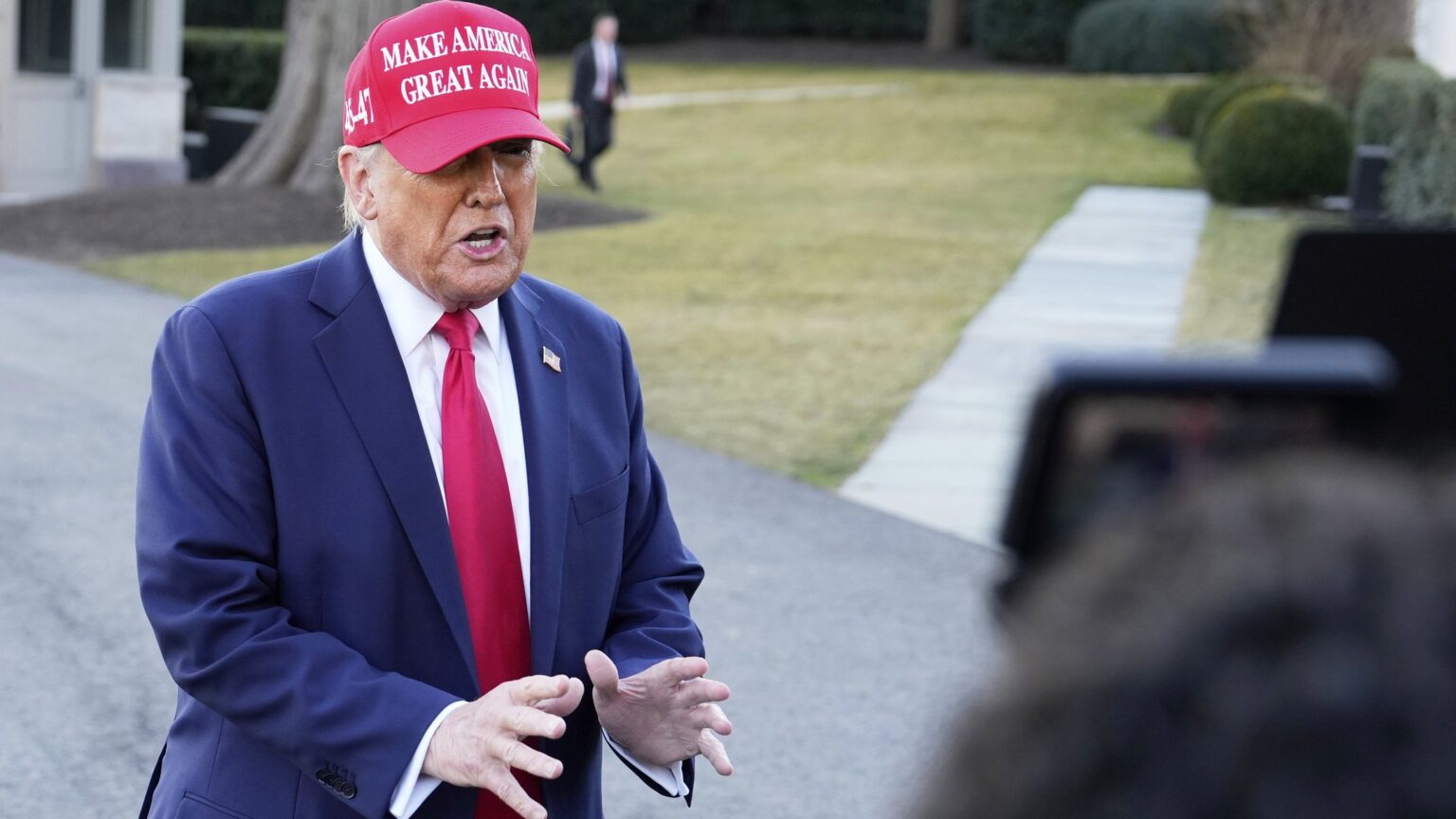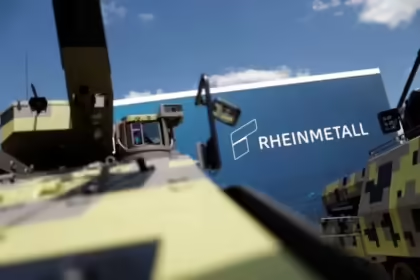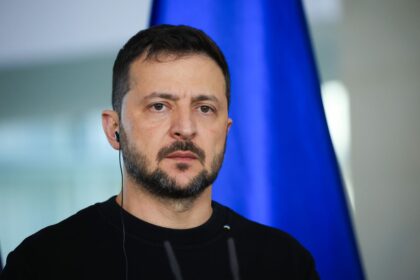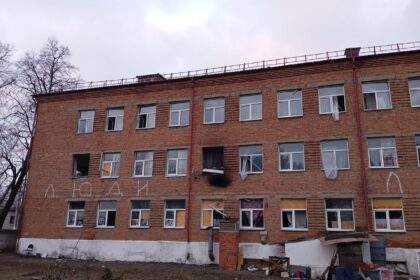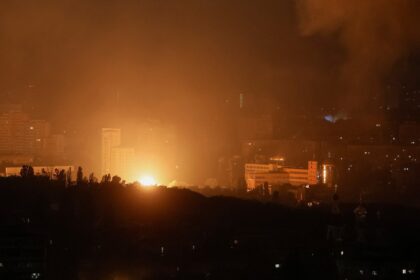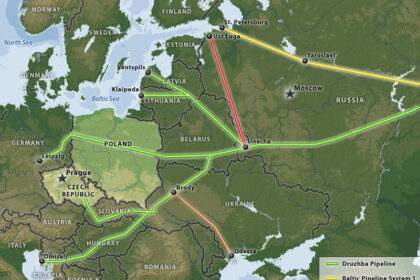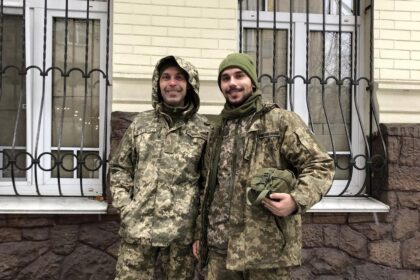**EU Slams Russia with New Sanctions as Ukraine Conflict Continues**
The European Union has taken a firm stance against Russia’s ongoing aggression in Ukraine, approving the 17th package of sanctions against Moscow. This move comes after Ukraine and its Western allies proposed a 30-day ceasefire starting May 12, which Russia refused to accept.
Despite losing an estimated $150 billion due to previous sanctions, Russia shows no signs of stopping its military operations in Ukraine. The EU’s new measures aim to increase pressure on the Kremlin to reach a peace deal with Kyiv. However, the final decision now rests with the Council of the European Union.
**Russia Feels the Heat**
Experts say that despite Moscow’s public indifference, Russia is indeed feeling the impact of sanctions. Roman Steblivskyi, head of the sanctions direction at the Trap Aggressor project, notes that Russia is no longer just concerned about its economy but also about the survival of its war machine.
A recent incident in the Baltic Sea highlighted Russia’s growing anxiety. Estonian authorities attempted to detain a Russian tanker sailing without a flag, and Russia responded by sending a fighter jet to circle above the vessel. This shows that EU countries are using creative enforcement methods, leaving the Kremlin on edge.
“The fact that Russia is defending these tankers with fighter jets says a lot,” Steblivskyi explains. “This is no longer just trade – it’s about protecting the infrastructure that fuels their war.”
**Sanctions Already Biting**
Russia has been struggling to maintain its economy due to previous sanctions. The country has sought negotiations with the US to lift restrictions on its civil aviation and financial sectors, a clear sign of vulnerability. Moscow is facing challenges in aircraft maintenance, cross-border payments, and logistics.
The latest EU sanctions are already having a significant impact on various sectors of the Russian economy. For instance, after the EU banned chromium exports to Russia, a Russian plant had to halt operations due to disrupted supply chains.
“Restrictions on dual-use goods, financial transactions, and logistics are punching serious holes in Russia’s system,” Steblivskyi concludes.
**What’s Next?**
If the EU Council approves the new package of sanctions, Europe will continue to increase pressure on Moscow. Russia will find it harder to hide how deeply affected it is, even on an “invisible front” of economic warfare. The Kremlin’s growing desperation is evident in its reaction to the recent incidents.
As the situation unfolds, one thing is clear: the EU and Ukraine are committed to finding a peaceful resolution to the conflict, while Russia faces mounting pressure from the international community.
Read More @ euromaidanpress.com




